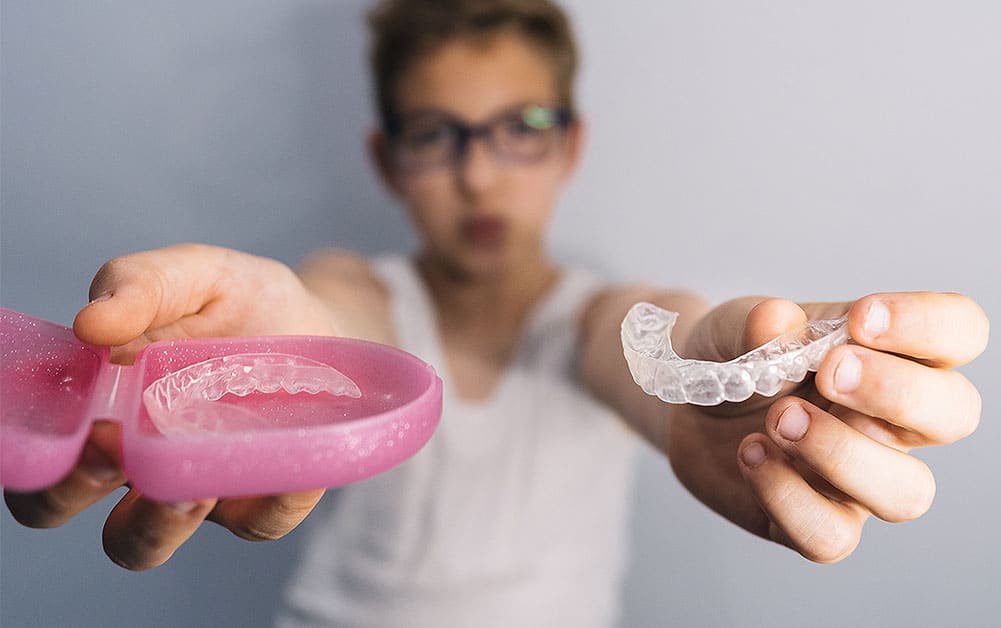Cleaning children’s teeth
Baby teeth play an important role in the child’s development. They encourage the development of the jawbone and help maintain the space required to accept larger permanent teeth that come in as a child matures. Because plaque can form on baby teeth and make them susceptible to cavities, proper cleaning is necessary. Establishing good brushing practices during early childhood gives children a foundation for a lifetime of good oral health.
Even before the first tooth has appeared, an infant’s gums should be wiped with a small cloth or gauze pad after each feeding to remove food residue. Tooth brushing can begin once the teeth begin appearing. A small, soft-bristled toothbrush moistened with water should be used. Although some children may be ready to brush their teeth on their own by age three, most still need adult supervision until they reach school age to make certain that the hard-to-reach areas in the back of the mouth et the needed attention.



